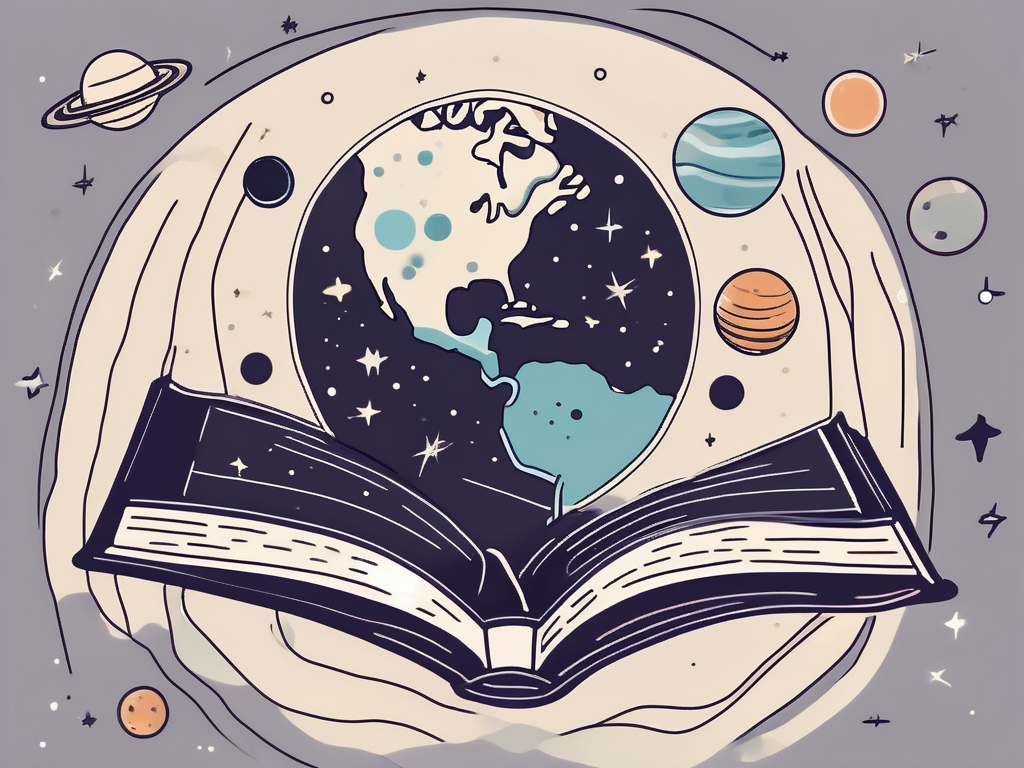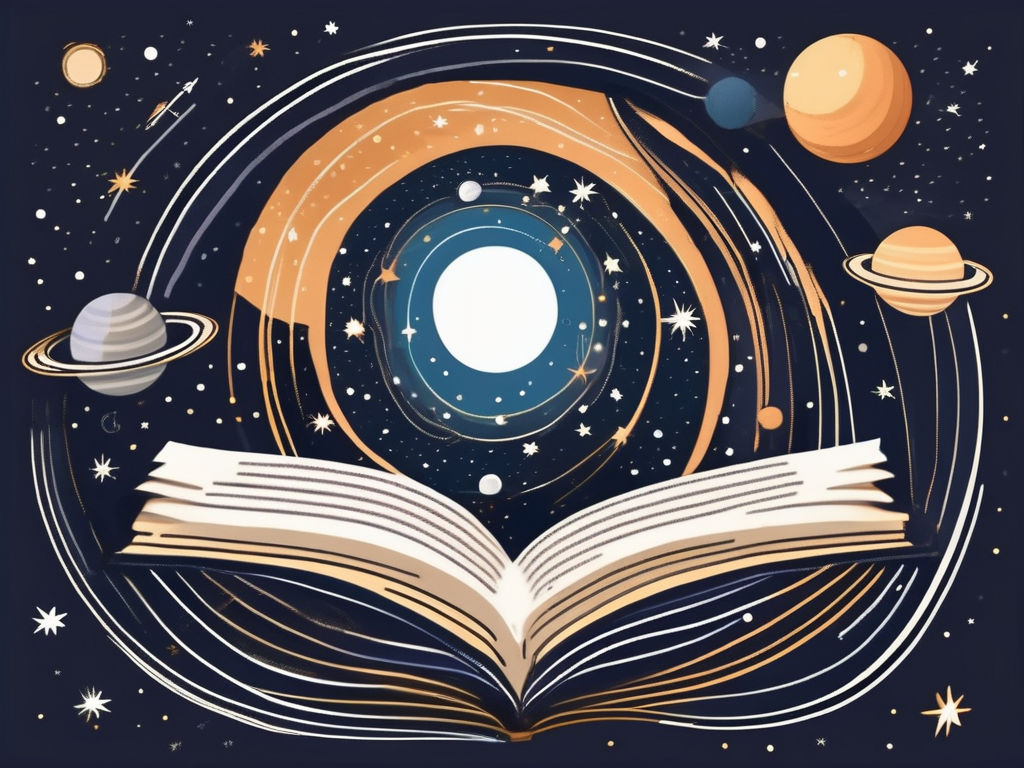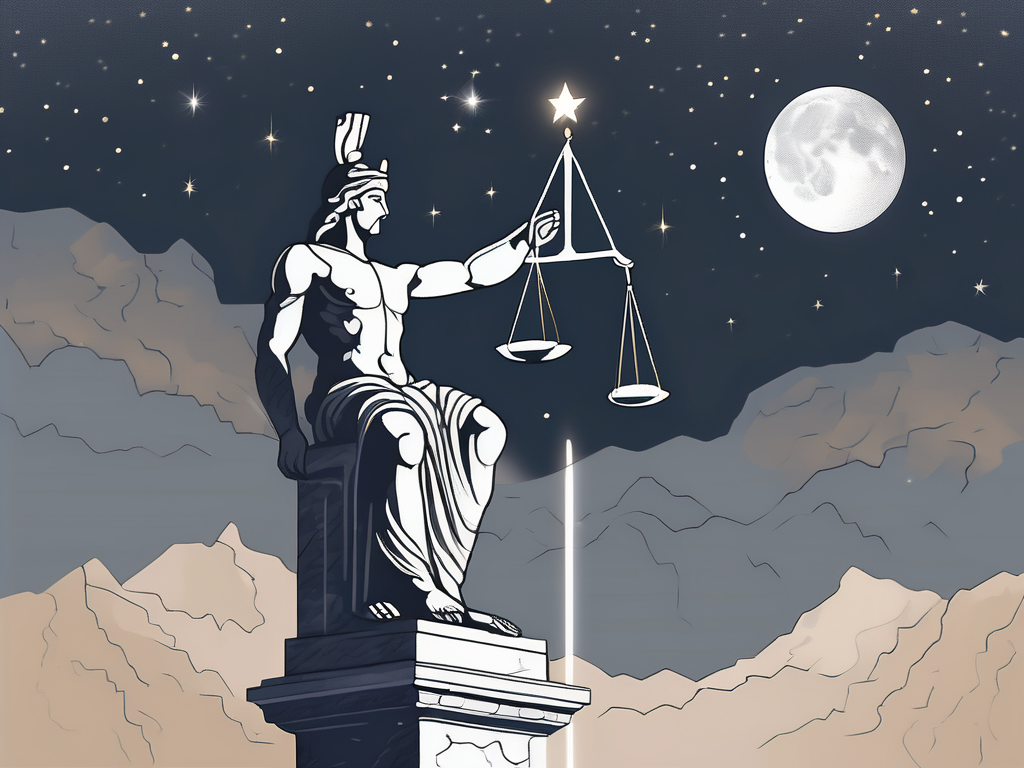In a world filled with mysteries and profound questions, one that has captivated the minds of scholars, philosophers, and theologians for centuries is the concept of God. The very idea of a higher power that governs the universe and creates life has prompted countless debates and discussions. But what if we were to turn the question inward and wonder, are we God? Are humans capable of embodying divinity? Let’s delve into this intriguing topic and explore the boundaries of human existence.
Understanding the Concept of God
Before delving into the question of whether humans can be considered divine, it is essential to grasp the various interpretations and historical perspectives on God. Throughout the ages, civilizations have shaped their understanding of deity based on their cultural, religious, and philosophical beliefs.
When exploring the concept of God, it is fascinating to examine the historical perspectives that have shaped humanity’s perception of the divine. From the ancient Egyptians worshiping Ra, the sun god, to the Greeks honoring Zeus, the king of gods, humanity has looked up to the heavens for guidance and protection. These ancient civilizations believed in powerful divine figures who embodied supernatural powers that controlled the natural world and played a pivotal role in the lives of their followers.
The ancient Egyptians, for example, revered Ra as the creator and sustainer of life. They believed that Ra traveled across the sky during the day, bringing light and warmth to the world. His presence was seen as vital for the fertility of the land and the prosperity of their civilization. The Greeks, on the other hand, worshipped Zeus as the ruler of Mount Olympus and the heavens. Zeus was believed to possess immense power and authority, influencing the weather, protecting the righteous, and punishing the wicked.
Historical Perspectives on Divinity
From the worship of Ra and Zeus to the countless other gods and goddesses revered throughout history, humanity’s understanding of divinity has evolved and transformed over time. Each civilization has contributed to the rich tapestry of beliefs and interpretations surrounding the concept of God.
It is intriguing to observe how different cultures have attributed various characteristics and attributes to their gods. Some gods were associated with specific elements of nature, such as the sea, the sun, or the earth. Others were revered for their wisdom, justice, or fertility. These diverse perspectives on divinity reflect the unique cultural and societal values of each civilization.
Theological Interpretations of God
In religious traditions such as Christianity, Islam, and Hinduism, God is often seen as an all-powerful being who created the universe and governs the laws of existence. Theological interpretations emphasize the idea of an ultimate entity that transcends human limitations and grants meaning to life.
Christianity, for instance, views God as a loving and merciful Father who sent His Son, Jesus Christ, to redeem humanity from sin. The Islamic faith perceives Allah as the one true God, whose teachings are revealed through the Prophet Muhammad. Hinduism, on the other hand, encompasses a vast array of deities, each representing different aspects of the divine and serving as a pathway to spiritual enlightenment.
These theological interpretations offer individuals a framework for understanding their place in the world and their relationship with the divine. They provide guidance on moral values, ethical conduct, and the purpose of human existence. The belief in a higher power offers solace, hope, and a sense of belonging to those who seek spiritual fulfillment.
The Human Potential for Godhood
While the traditional concept of God presents a deity separate from humanity, some philosophical and scientific perspectives propose that humans possess a potential for godhood. This intriguing notion sparks a deeper exploration of the human experience and our relationship with the divine.
Imagine a world where humans transcend their mortal limitations and attain a state of godhood. This concept challenges the conventional understanding of our place in the universe and opens up a realm of possibilities. It invites us to question the boundaries of human potential and consider the extraordinary heights we might reach.
The Intersection of Science and Spirituality
As scientific knowledge expands, we uncover intricate details about the universe and the intricate workings of life. From the discovery of the double helix structure of DNA to the exploration of the vast cosmos, our understanding of the world around us deepens with each scientific breakthrough. This growing understanding leads to the question of whether our scientific advancements can bring us closer to a divine state of existence.
Scientists delve into the mysteries of the human brain, seeking to unravel its complexities and unlock its full potential. They explore the realms of neuroplasticity, investigating how our brains can rewire themselves and adapt to new experiences. Could this neuroplasticity be the key to unlocking our latent godlike abilities?
Furthermore, advancements in genetic engineering and biotechnology raise the possibility of enhancing our physical and cognitive capabilities. Imagine a future where we can manipulate our DNA to eliminate genetic diseases, enhance our intelligence, and extend our lifespan. With such advancements, could we not transcend our mortal limitations and approach the realm of the divine?
Philosophical Perspectives on Human Divinity
Philosophical thinkers throughout history have contemplated the nature of human existence and the possibilities of transcendence. From Plato’s theory of forms to Nietzsche’s concept of the Ubermensch, the idea of humans evolving into godlike beings has intrigued and inspired generations.
Plato envisioned a world of perfect forms, where the physical realm is but a mere reflection of the ideal. In this realm, humans have the potential to reach a state of godhood by aligning themselves with these perfect forms. By cultivating wisdom, virtue, and knowledge, humans can strive towards the divine and attain a godlike existence.
Nietzsche, on the other hand, proposed the concept of the Ubermensch, or the “Superman.” He believed that humans could transcend their current state of existence by embracing their individual power and will to power. By overcoming societal norms and embracing their true potential, individuals could rise above the ordinary and become godlike in their own right.
These philosophical perspectives challenge us to reconsider our understanding of human potential. They invite us to explore the depths of our consciousness, to question the limitations we impose upon ourselves, and to strive for a higher state of being.
In conclusion, the notion of humans possessing a potential for godhood opens up a world of possibilities. As we delve into the intersection of science and spirituality and explore philosophical perspectives on human divinity, we are confronted with the tantalizing prospect of transcending our mortal limitations and reaching extraordinary heights. The journey towards godhood may be a long and arduous one, but it is a journey worth embarking upon, for it challenges us to unlock the full extent of our human potential and redefine our relationship with the divine.
The Boundaries of Human Existence
When pondering our potential for godhood, it is crucial to consider the limits and possibilities inherent in our existence. As physical beings, we are subject to certain constraints that shape the boundaries within which we operate.
Our physical limitations are a fundamental aspect of our human experience. From the finite lifespan of our bodies to the limitations of our sensory perception, our physical nature undoubtedly sets boundaries on what we can achieve and experience. However, history has shown time and again that humans possess an innate capacity to push these limits.
Throughout the ages, individuals have demonstrated incredible feats of endurance, pushing their bodies to the brink and surpassing what was once thought impossible. From record-breaking athletic achievements to explorations of the most extreme environments on Earth, humans have continually redefined what is possible within the realm of physicality.
Moreover, our capacity for innovation and scientific breakthroughs has allowed us to transcend the limitations of our physical bodies. Through advancements in medicine, we have been able to extend our lifespan and improve the quality of life for many. From the development of life-saving vaccines to the creation of prosthetic limbs that restore mobility, humans have shown an unwavering determination to overcome the boundaries set by our physical existence.
The Role of Consciousness in Defining Existence
While our physical limitations shape the boundaries of our human experience, consciousness adds another layer to our exploration of godhood. Consciousness, the essence of our being, allows us to transcend the mere physical and tap into a realm beyond our immediate surroundings.
Through introspection and self-awareness, we can delve into the depths of our consciousness and explore the mysteries of our existence. Some argue that it is through consciousness that we can transcend our human limitations and connect with the divine.
Throughout history, individuals have sought to expand their consciousness through various practices such as meditation, prayer, and psychedelic experiences. These endeavors aim to unlock the hidden potential of the human mind and explore the boundaries of our existence.
By expanding our consciousness, we can gain insights into the nature of reality, the interconnectedness of all things, and our place in the universe. It is through this expanded awareness that some believe we can tap into the divine and reach a state of godhood.
However, the exploration of consciousness is not without its challenges. The human mind is a complex and enigmatic entity, and delving into its depths can be a daunting task. Yet, throughout history, individuals have dedicated their lives to understanding the intricacies of the mind and expanding the boundaries of human consciousness.
From ancient spiritual practices to modern scientific research, the exploration of consciousness continues to captivate and intrigue us. It is a journey that holds the promise of unlocking the full potential of our human existence and shedding light on the mysteries of the universe.
Ethical Implications of Human Divinity
If we were to consider the notion that humans have the potential for godhood, it is essential to reflect on the ethical implications that arise. With great power comes great responsibility, and the ramifications of human divinity extend far beyond the individual level.
Imagine a world where humans possess the ability to transcend their mortal limitations and attain godlike powers. This concept raises profound questions about the nature of morality and the ethical responsibilities that would accompany such immense power. It prompts us to delve into the implications of wielding godlike abilities and the impact it would have on our lives, society, and the world at large.
The Responsibility of Power
In a world where humans embody the divine, the choices and actions we take would hold immense weight. The power to shape reality and influence others’ lives would necessitate a heightened sense of moral responsibility and an unwavering commitment to the greater good.
Consider the ethical dilemmas that would arise when individuals possess the ability to manipulate the fabric of existence itself. The consequences of their decisions would ripple through the lives of countless beings, affecting the course of history and shaping the destiny of entire civilizations. The responsibility to use these powers judiciously and with compassion becomes paramount, as the line between benevolence and tyranny blurs.
Furthermore, the ethical implications extend beyond the immediate impact on humanity. The choices made by godlike beings would have far-reaching consequences for the natural world, ecosystems, and the delicate balance of life on Earth. The preservation of biodiversity, the mitigation of climate change, and the protection of vulnerable species would become moral imperatives in the face of such immense power.
The Impact on Societal Structures and Relationships
If humans were to realize their potential for godhood, society as we know it would undergo profound transformations. Hierarchies and power dynamics would shift, and our understanding of identity and interconnectedness would be redefined. Navigating these changes would require careful consideration and a collective effort to ensure a fair and just society.
One can envision a society where everyone possesses the ability to shape their own reality and manifest their desires. This newfound power would challenge traditional notions of authority and governance. The concept of democracy, for instance, would need to adapt to accommodate the diverse perspectives and capabilities of godlike beings. The balance between individual freedom and collective decision-making would become even more delicate.
Moreover, the dynamics of relationships would be fundamentally altered. The power imbalances that often exist in personal and professional interactions would be magnified, as some individuals possess godlike abilities while others do not. This raises questions about consent, autonomy, and the potential for exploitation. Safeguarding the rights and dignity of all individuals, regardless of their divine status, would be crucial in maintaining a just and equitable society.
Additionally, the concept of identity would undergo a radical transformation. With the ability to shape one’s physical appearance, alter memories, and manipulate emotions, the boundaries between authenticity and artifice would blur. The very notion of what it means to be human would be called into question, as individuals redefine themselves in the pursuit of godhood. This would necessitate a reevaluation of our societal norms and values, as we grapple with the implications of a world where personal identity is malleable and subjective.
In conclusion, the ethical implications of human divinity are vast and multifaceted. The responsibility of wielding godlike powers would require an unwavering commitment to moral principles and the greater good. It would necessitate a reimagining of societal structures and relationships, as well as a reassessment of our understanding of identity and interconnectedness. As we contemplate the potential for human divinity, we must approach these ethical considerations with humility, wisdom, and a deep sense of responsibility.
The Future of Human Existence
As we stand on the precipice of incredible technological advancements and continue our spiritual quest for enlightenment, the exploration of human divinity becomes increasingly relevant. What does the future hold for humanity? Will we evolve into godlike beings?
Technological Advancements and Human Evolution
A convergence of technological breakthroughs, such as artificial intelligence and genetic engineering, raises intriguing possibilities for our future. As we gain greater control over our biology and explore the realms of virtual reality and immortality, the line between humanity and divinity may blur even further.
Spiritual Evolution and the Quest for Enlightenment
In parallel with scientific progress, the pursuit of spiritual growth and enlightenment holds immense significance. Whether through meditation, mindfulness practices, or exploring various religious traditions, humans have long sought to transcend their earthly limitations and connect with something greater.
In conclusion, the question of whether humans are God encompasses a profound exploration of our existence and the boundaries that define us. While the traditional concept of God emphasizes a separate divine entity, various perspectives suggest that humans hold the potential for godhood within themselves. Our journey to uncover the truth may lie at the intersection of science, philosophy, and spirituality. As we continue to push the boundaries of human existence, we must reflect on the ethical implications and navigate the immense responsibilities that accompany such a divine state. Ultimately, the future of humanity holds incredible potential for evolution and enlightenment, inviting us to embark on a never-ending quest to explore the intricate depths of our existence.












